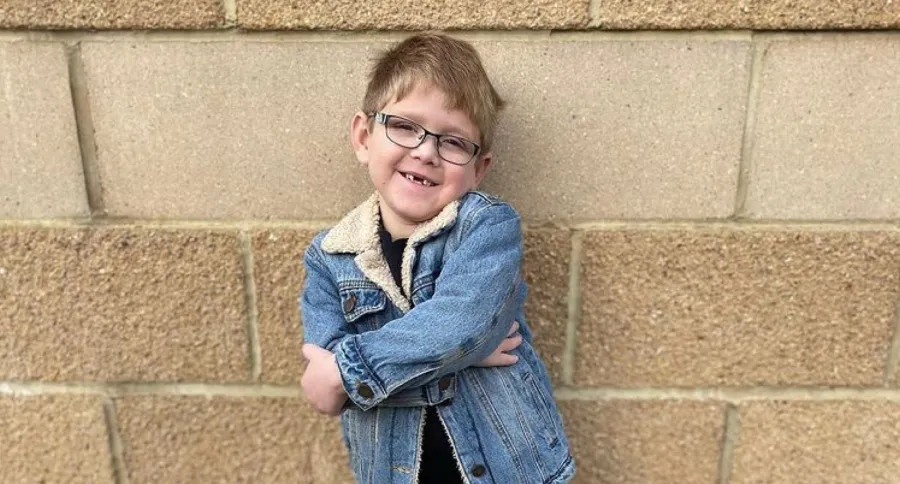
Jessie is a familiar face at King’s. He was born there, almost two months premature with only 10% of a bowel, which resulted in him spending the first nine months of his life in hospital.
Jessie has undergone multiple major operations and has a Hickman line which pumps TPN through his body, a special fluid which provides Jessie with all the nutrition he needs. Unfortunately, there are side effects to every long-term medication, and for Jessie, this was liver failure.
Jessie is a familiar face at King’s. He was born there, almost two months premature with only 10% of a bowel, which resulted in him spending the first nine months of his life in hospital.
Jessie has undergone multiple major operations and has a Hickman line which pumps TPN through his body, a special fluid which provides Jessie with all the nutrition he needs. Unfortunately, there are side effects to every long-term medication, and for Jessie, this was liver failure.
Things looked very different earlier in the summer when, while shielding at home to protect themselves from COVID-19, Lucy received a call from Jessie’s doctors to tell her that she may have to start considering end of life care for Jessie.
“I had to break the news to the family over the phone,” says Lucy, “That was devastating, but within hours everything had changed.
"The very next day I got a call from King’s, to say that they had a liver for Jessie – and that took the pain away immediately.”
COVID-19 restrictions added a new dimension to the emotional and physical challenges of living with a sick child in hospital as they recover from transplant surgery, but Lucy felt safe at King’s.
“There were other parents on their own, away from their families, going through the same situation as me so we supported each other,” says Lucy.
“Some days were really hard. We couldn’t comfort each other with a hug even though we wanted to, but King’s took care of us.
“When Jessie had to spend some time in the Intensive Care Unit, I was able to sleep in a proper bed in a room with its own little kitchen and bathroom. This made such a difference because it gave me time to rest, contact the family and have a brief break from the relentless stresses of the situation.
“And every member of staff was amazing – I honestly can’t thank them enough. The cleaners, the receptionists, the doctors, the nurses the surgeons – everybody who keeps King’s safe for its patients. They have such a caring nature, and they were all there to support us because they knew we were there facing everything on our own, without our families.
“They thought of everything. Instead of Jessie walking the ten minutes to the surgical room, they encouraged him to drive there in the unit’s special electric car and he loved it. He was the first one to use it.
“He knew he was going for a major operation; he knew what was going to happen, he knew all the risks and walking to the surgical room would have pushed his anxiety to a peak. But the car gave him that focus to think ‘ok, I’m going to have a liver transplant but this part of it is going to be fun’.
“That’s why King’s is so special to us. We feel safe there and we can trust them because we know they know Jessie inside and out.”
To follow Lucy’s powerful blogs about the realities of living with children in hospital visit, Lucy's blog 'Living with Children in Hospital'.